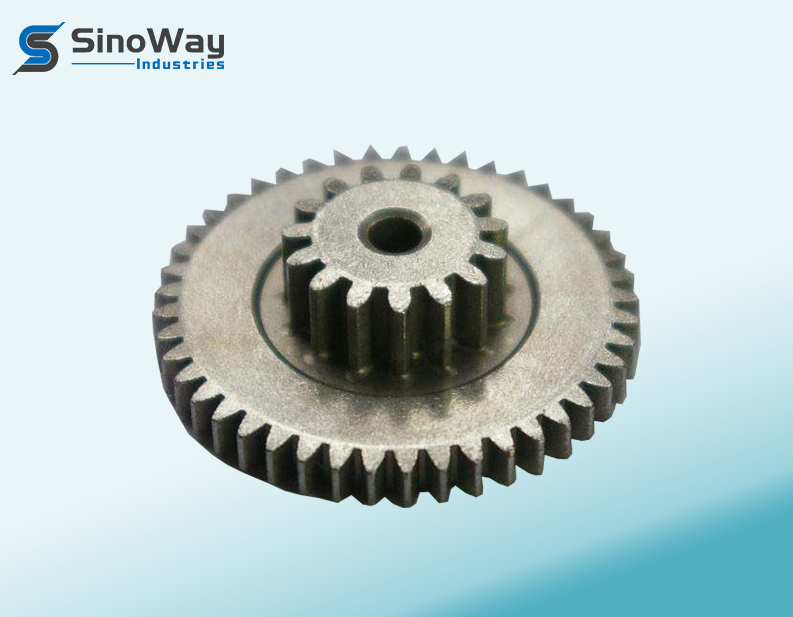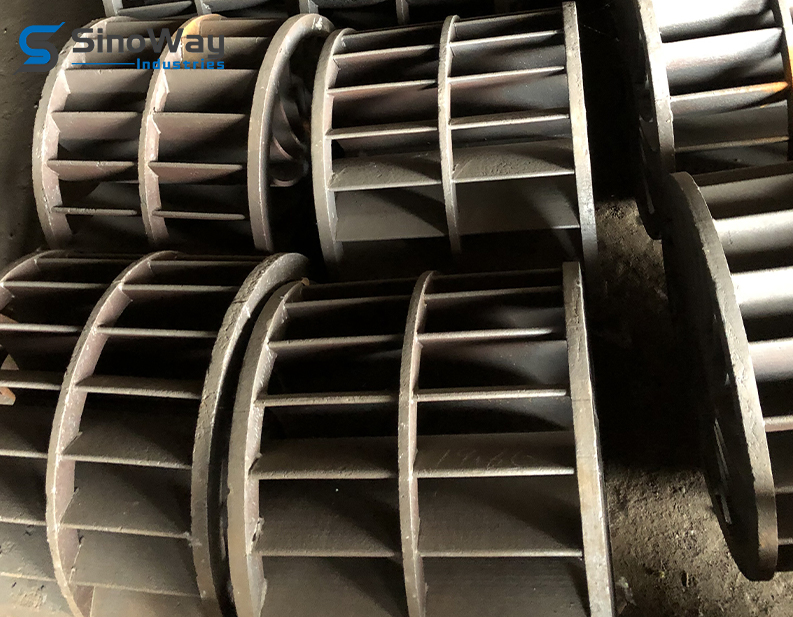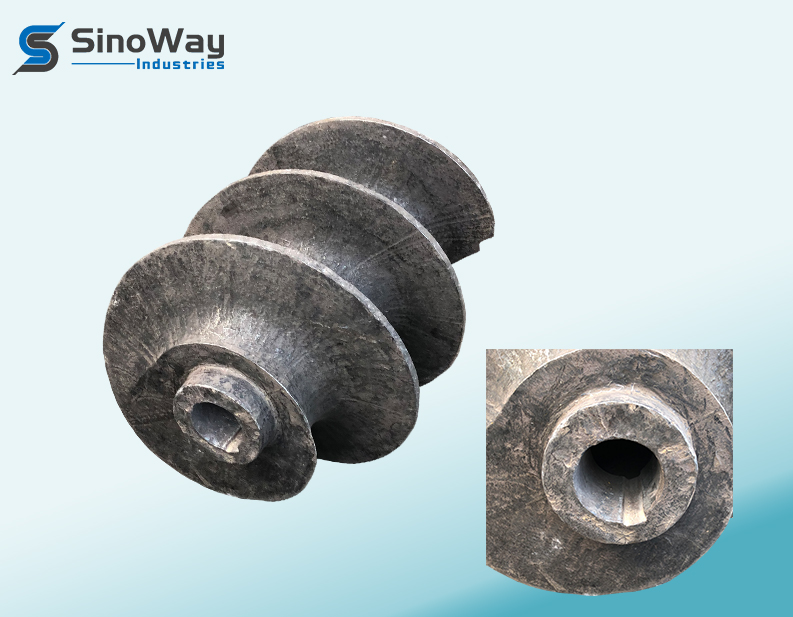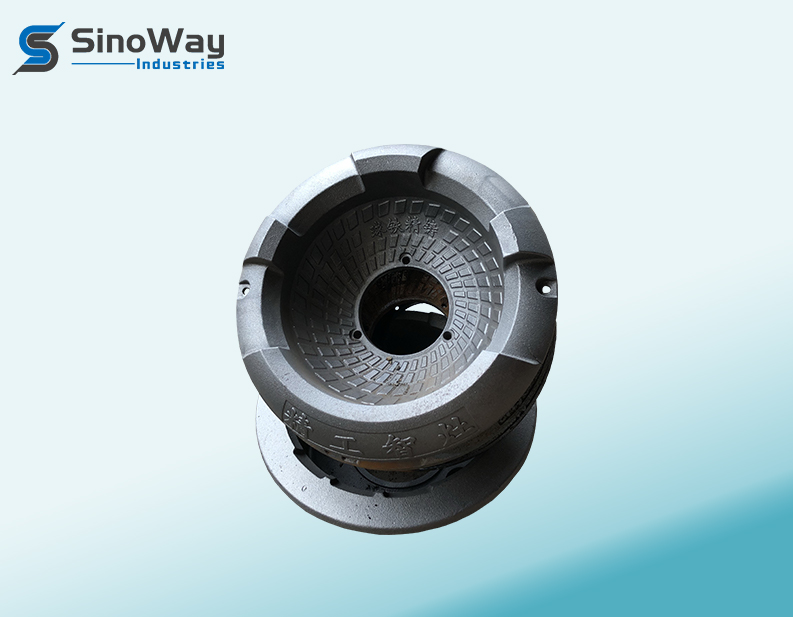Metal stamping is a cornerstone of modern manufacturing, producing precise components for automotive, aerospace, electronics, and countless other industries. At Sinoway, a leading sheet metal manufacturer, we understand that the choice of material is just as crucial as the stamping process itself. Selecting the right metal ensures not only the strength and durability of the final product but also its cost-effectiveness and performance in demanding environments.
Why Material Selection Matters in Metal Stamping
The right material can make or break your project. Factors such as tensile strength, corrosion resistance, malleability, and cost play pivotal roles in determining which metal is best suited for a specific application. At Sinoway, our expertise as a sheet metal manufacturer allows us to guide clients through the material selection process, ensuring optimal results for every stamped component.
- Strength: Essential for load-bearing parts and structural components.
- Durability: Critical for parts exposed to wear, impact, or harsh environments.
- Workability: Influences the complexity and precision of stamped shapes.
- Cost Efficiency: Balances performance with budget constraints.
Top Materials for Metal Stamping
Below, we explore the most popular and reliable materials used in metal stamping, highlighting their unique strengths and typical applications.
1. Stainless Steel
Stainless steel is a go-to material for metal stamping, renowned for its exceptional strength, corrosion resistance, and longevity. At Sinoway, we frequently recommend stainless steel for applications requiring hygiene, such as medical devices, kitchen appliances, and food processing equipment.
- Grades: 304, 316, and 410 are commonly used in stamping.
- Benefits: High tensile strength, excellent resistance to rust and chemicals, and good formability.
- Applications: Automotive trims, electronic enclosures, and industrial machinery.
2. Carbon Steel
Carbon steel offers a versatile balance of strength, ductility, and affordability. Its wide range of grades allows for customization according to the specific needs of a project, making it a favorite among sheet metal manufacturers like Sinoway.
- Grades: Low, medium, and high carbon steels.
- Benefits: High strength-to-weight ratio, excellent weldability, and cost-effectiveness.
- Applications: Structural parts, brackets, fasteners, and chassis components.
3. Aluminum
Aluminum is lightweight yet strong, with natural corrosion resistance. Its malleability allows for the creation of complex shapes, making it ideal for industries where weight reduction is critical, such as aerospace and automotive manufacturing.
- Grades: 1100, 3003, 5052, and 6061 are commonly stamped.
- Benefits: Lightweight, excellent corrosion resistance, and high conductivity.
- Applications: Heat shields, panels, electronic housings, and aircraft components.
4. Copper
Copper is prized for its excellent electrical and thermal conductivity. While not as strong as steel, it finds its niche in electrical and electronic applications, where performance and reliability are paramount.
- Grades: C110 (electrolytic tough pitch) and C122 (phosphorus-deoxidized).
- Benefits: Superior conductivity, easy to form, and natural antimicrobial properties.
- Applications: Electrical contacts, connectors, and heat exchangers.
5. Brass
Brass, an alloy of copper and zinc, combines good strength with corrosion resistance and an attractive finish. It is frequently used for decorative and functional components in plumbing, electrical, and musical instrument manufacturing.
- Grades: C260 (cartridge brass) and C360 (free-machining brass).
- Benefits: Easy to machine, resistant to tarnishing, and visually appealing.
- Applications: Fittings, valves, gears, and decorative hardware.
6. High-Strength Low-Alloy (HSLA) Steel
HSLA steels are engineered for superior strength and toughness while remaining lighter than traditional carbon steels. As a sheet metal manufacturer, Sinoway often utilizes HSLA steel for automotive and structural applications where performance and safety are critical.
- Benefits: Enhanced strength, improved weldability, and resistance to atmospheric corrosion.
- Applications: Automotive frames, heavy machinery, and construction equipment.
Emerging Materials in Metal Stamping
Innovation in materials science continues to expand the possibilities for metal stamping. Advanced alloys, coated steels, and composite materials are being developed to meet the ever-increasing demands of modern industries.
Nickel Alloys
Nickel alloys offer outstanding heat and corrosion resistance, making them ideal for aerospace and energy applications. Their durability under extreme conditions ensures long service life and reliability.
Titanium
Titanium is both lightweight and incredibly strong, with excellent resistance to corrosion. Although more expensive, it is increasingly used in aerospace, medical implants, and high-performance automotive parts.
How Sinoway Ensures Quality in Metal Stamping
As a trusted sheet metal manufacturer, Sinoway employs rigorous quality control measures throughout the stamping process. From material selection to final inspection, we ensure that every component meets or exceeds customer specifications for strength, durability, and performance.
- Material Certification: We source metals from reputable suppliers and verify their composition and properties.
- Precision Tooling: Our advanced stamping equipment guarantees consistent results, even for complex geometries.
- Comprehensive Testing: Components undergo mechanical testing, surface inspection, and dimensional analysis.
Metal Stamping and Metal Fabrication
While metal stamping is a specialized process, it often works hand-in-hand with metal fabrication. Metal fabrication encompasses a broader range of techniques, including cutting, bending, and welding, to create finished products or assemblies. By integrating stamping with fabrication, Sinoway delivers end-to-end solutions for projects of any scale or complexity.
- Customization: Fabrication allows for additional features, such as holes, threads, or welded joints, beyond what stamping alone can achieve.
- Efficiency: Combining both processes streamlines production and reduces lead times.
Choosing the Right Material: Key Considerations
Selecting the optimal material for metal stamping involves several considerations:
- End-Use Environment: Will the part be exposed to moisture, chemicals, or extreme temperatures?
- Mechanical Requirements: What level of strength, hardness, and flexibility is needed?
- Production Volume: Higher volumes may justify the use of advanced or custom alloys.
- Cost Constraints: Balancing performance with budget is essential for project success.
At Sinoway, our experienced engineers collaborate with clients to assess these factors and recommend the most suitable materials for their unique applications.
Conclusion: Partner with Sinoway for Superior Metal Stamping
Choosing the right material is the foundation of any successful metal stamping project. Whether you require the robust strength of stainless steel, the lightweight versatility of aluminum, or the specialized properties of advanced alloys, Sinoway has the expertise and resources to deliver exceptional results. As a leading sheet metal manufacturer, we are committed to quality, innovation, and customer satisfaction—ensuring your components are built to last, no matter the challenge.
Ready to elevate your next project? Contact Sinoway today to discover how our metal stamping and metal fabrication capabilities can help you achieve strength, durability, and efficiency in every part we produce.
Tags:agriculture machinery,automotive industry,drop forging,welding services







